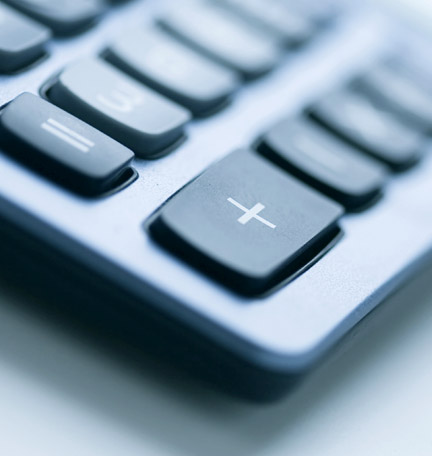What is an escrow account?
You may have heard of escrow accounts, but if you haven’t dealt with one before, you might not know what they are or why they are important. We have the answers.
If you’re asking, “What does escrow mean?” you’re not alone. Escrow is a legal concept. Simply put, an escrow involves a third party that holds onto money and documents. Although escrow uses bank accounts, they are not exactly the type you might use for everyday saving, spending or budgeting.
When is escrow used? Typically, it is used during transactions that are complex. There are a number of uses of escrow, but common ones are related to buying and owning a home. Businesses also use escrow.
Here are a few examples of how escrow is used.
Escrow for homeowners with mortgages
When you have a mortgage on your home, often your home insurance and local taxes are rolled into your mortgage payments. Other payments, such as disaster insurance or home owners association fees, may also be rolled in. Those payments, as they accumulate over the months, are held in escrow until it’s time for them to be distributed to your insurance provider and/or your municipality.
So, each month you’ll pay one-twelfth of the yearly cost of insurance and property taxes, for example, in addition to your mortgage payment. This has the added benefit of compelling you to budget for taxes and insurance, rather than paying them in one lump sum each year.
When you make a payment each month, your escrow balance grows. You may be able to see this as a line item on your monthly mortgage paperwork.
Escrow for homebuyers and sellers
Several steps occur in the process of buying a house: there’s the home appraisal, the purchase of home insurance and the final walk-through, for example. While all of this is happening, escrow accounts are often used until the buyer and seller each meet the conditions they have agreed to. Some states require escrows be used, while others do not.
Funds might be set aside in an escrow account so that it’s clear that the buyer is serious about their intent to finish the purchase. Or there may be a repair that needs to be made—minor ones or major ones, such as septic updates—and the money to pay for fixes is escrowed. After the buyer and seller each sign paperwork attesting that all conditions have been met, the deed is exchanged. The escrow is often then closed.
Escrow for businesses and institutions
Homebuying and mortgage payments are two scenarios where you might see escrow, but businesses, institutions and governments use the concept as well. When multiple parties are completing complex transactions, escrowed funds or assets can be held as a way to ensure that all involved reach their milestones or agreed upon terms.
Businesses might use escrow for mergers and acquisitions, to purchase new equipment, as collateral, to meet environmental requirements, or for commercial real estate purchases and transfers. Institutions may use escrow for safekeeping or custodial reasons or even for legal settlements. Money and other assets—from real estate to computer code—can be held by third parties in order to satisfy the terms of any complex deal.
Three things to do
- To get a sense of how much you can afford on a home, calculate how much your mortgage payment might be.
- Read our tips for navigating the home inspection process.
- Read more about how escrow is used for businesses.






